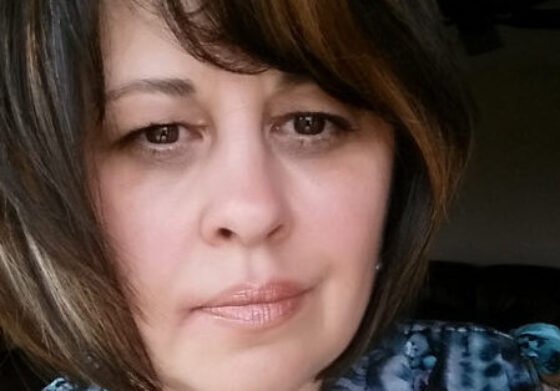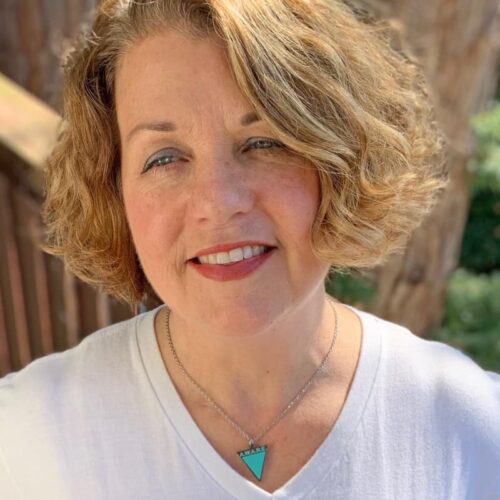Cervical cancer is not something a lot of people talk about. But I have made it my mission to advocate via social media, my support groups and day-to-day interactions with others. My journey to diagnosis was long and painful, but I have learned not to ignore what my body is trying to tell me.
I’d had lower back and hip pain for years, but had gotten used to brushing it off and accepting it as part of my body. I started to notice some other symptoms including bloating and fatigue. I assumed the symptoms were just part of getting older, and began to think I was perimenopausal when I started having irregular periods. My friends said this was normal for perimenopausal women, so it made sense.
I stopped doing some of the things I loved (like yoga) and stopped wanting to go out, so I became less social. This continued for 5 months, when I started noticing light spotting. I still didn’t think to go to the doctor, because I assumed my body was just changing. A few more months went by, and I developed a foul feminine odor. I tried washing with different soaps, and multiple times a day, but no matter what I did the odor remained.
“You know your body better than anyone, so listen to it. It will tell you something is wrong.”
One morning, I noticed a very odd-looking discharge and knew something was really wrong. I finally accepted that these symptoms were not normal at all and made an appointment with an OB/GYN. She performed a PAP test and five days later I got a phone call saying the results were abnormal. More testing was done, and I scheduled a hysterectomy as a precaution to prevent cancer.
The pathology from the hysterectomy revealed something I never expected—cancer was already there. I was diagnosed with stage 1B1 mucinous adenocarcinoma, a form of cervical cancer. I had another surgery and thankfully the cancer had not yet spread.
I was declared NED (no evidence of disease), and now I share my experience to encourage other people to act sooner on subtle and persistent symptoms. You know your body better than anyone, so listen to it. It will tell you something is wrong. If there is something the doctor is saying that you don’t understand, have them explain it again. Be your own best advocate and seek the answers to your health—early detection is important.
Symptoms
- lower back pain
- bloating
- fatigue
- irregular periods
- foul feminine odor
- odd looking discharge








